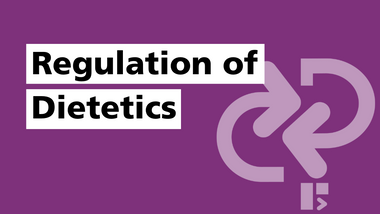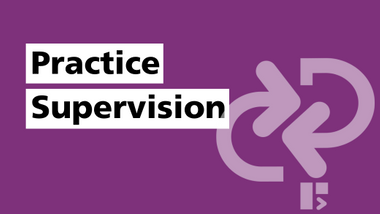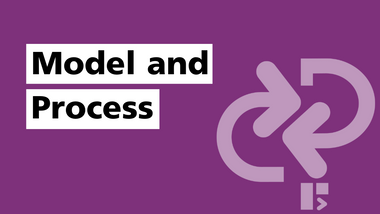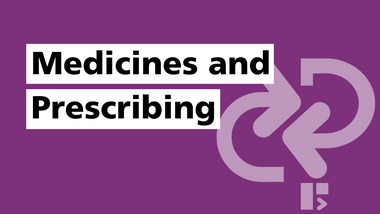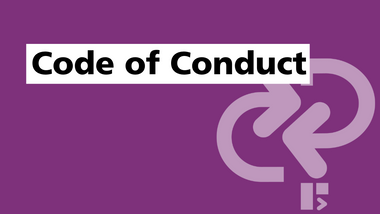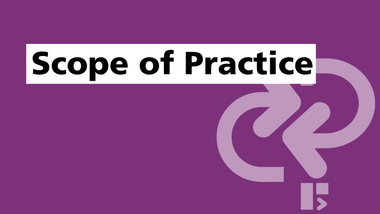Professional practice makes up one of the four pillars of dietetic practice, detailed within the BDA Dietetic Career Framework. This pillar focuses on the ability to practise safely and effectively within the individual’s scope of practice, maintaining fitness to practice, providing services that are respectful of individuals preferences and the importance of communicating effectively. This page brings together a wealth of professional guidance to ensure members have an understanding and awareness of key elements within this area, and resources that can support them in practice.
To practice dietetics in the UK and use the title Dietitian, it is a legal requirement to be registered with the Health and Care Professions Council (HCPC). Find out more about what this means.
We recognise the importance of supervision at all levels, and our guidance provides information on the definitions and process of supervision and provides some practical tools that can be used when implementing supervision in any environment.
All eligible members of the BDA, within the Full, Associate, and SENR membership categories, can benefit from the BDA Medical Malpractice and Professional Indemnity Insurance. Find out more on the cover provided.
The Model and Process outlines the systematic process members of the dietetic workforce follow in any intervention, with individuals, groups or populations. Through its implementation it supports consistent and high-quality dietetic practice.
Here we explain the different classifications of medications, what is meant by nutritional borderline substances and explain supplementary prescribing.
Record keeping is a fundamental part of professional practice. Explore our record-keeping guidance, providing members with practical tips, legal standards, and best practices for maintaining accurate, professional, and compliant service user records.
It is essential that you have consent from service users or other appropriate authority before you provide any care, treatment or other services. The following information provides more information on the topic of consent, and signposts to relevant resources to support you in practice.
Members of the dietetic workforce are governed by codes of conduct. It is important that you know what the codes are, understand them and uphold them in practice.
When managing and evaluating your workforce there is a lot to consider. This page aims to provide support and guidance to managers and service leads on key topics such as safe staffing and job planning.
Scope of practice refers to the scope of the dietetic profession and an individual’s scope of practice. It is important to have knowledge and understanding of both to ensure that you are practicing safely, lawfully and effectively.
You may be required to delegate aspects of dietetic care to colleagues. This guidance supports dietetic professionals including students and support staff in applying accountability and delegation principles safely and effectively.
Aimed at the dietetic support workforce and developed as an extension to the 'professional practice' pillar within the BDA Dietetic Career Framework. This resource aims to provide guidance on appropriate practice roles and responsibilities.
Profession specific leadership is essential within any health, care and academic organisation to provide the dietetic expertise and situational intelligence needed to shape workforce strategy, drive service transformation, and optimise pathways. Read our full statement here.
Feedback
We want to make sure our professional guidance resources truly support the needs of our members. If you're a BDA member and you’d like to share any feedback about what you need, what could be improved or what would be most helpful, we’d be grateful to hear it.


